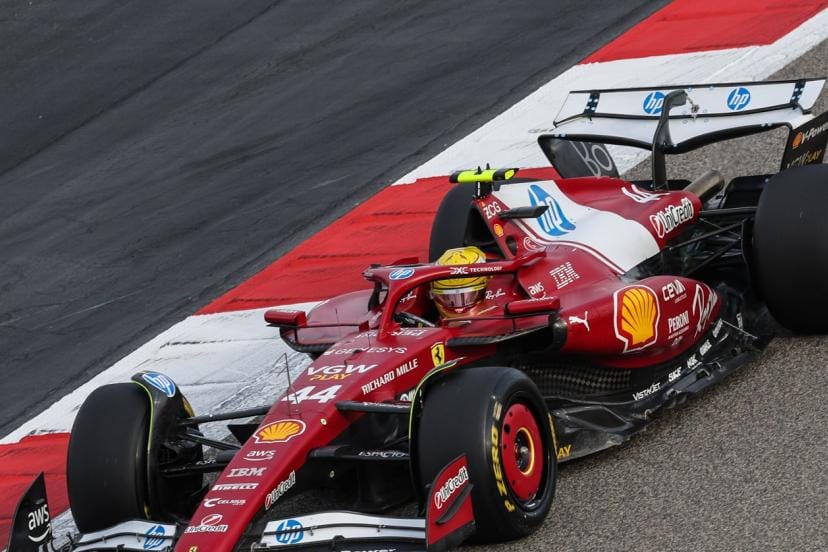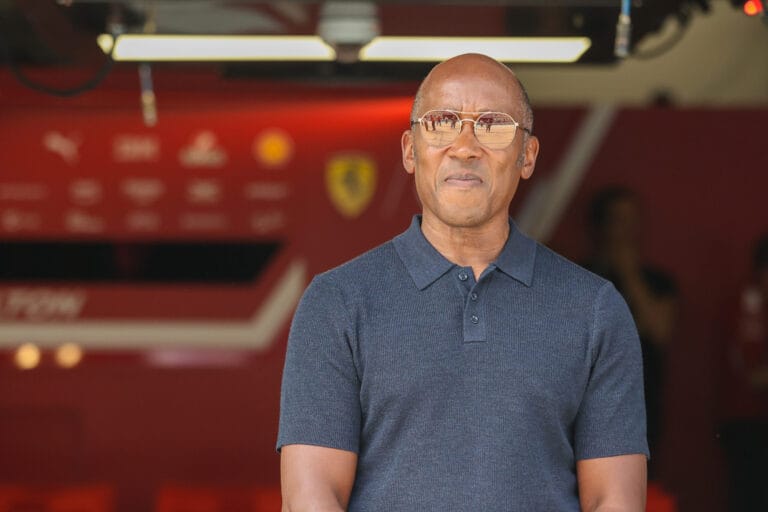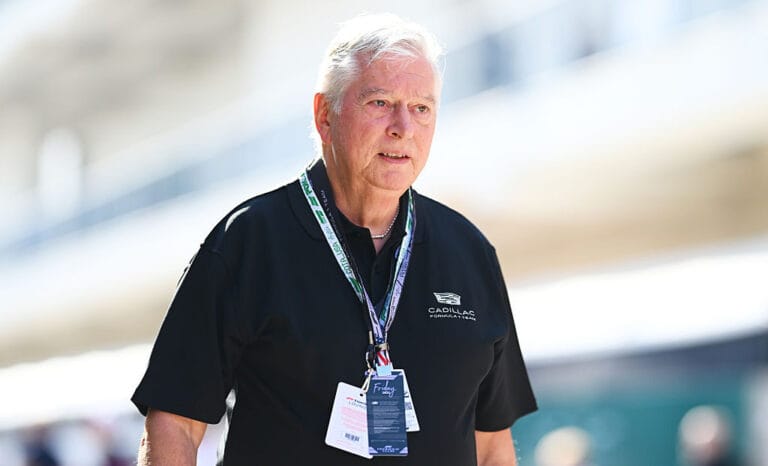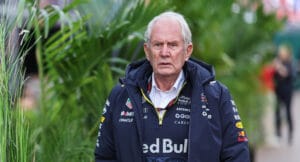As the adoption of V6 engines was anticipated, the FIA president’s desire to introduce V10 engines has reshuffled the deck. A meeting will be held on Friday to clarify the situation regarding engines for 2026.
This Friday, we should know. Of course, it will still be necessary to go through the next World Council scheduled in two months in Macao to formalize the decision, but this will only be an administrative matter. Because, less than six months before the start of the next technical regulation, all teams are still in the dark about the future of engines.
The path decided several years ago (V6 powered by sustainable fuel) and which will be introduced next year suffered a violent shock less than two months ago when the FIA president suddenly declared himself in favor of a return of V10 engines. Mohammed Ben Sulayem did not just throw out the idea; he also pushed the engine manufacturers to make it happen quickly. There was no question of waiting for the next regulatory change scheduled for 2031. Things had to be accelerated.
So, since the end of February, discussions have intensified between the FIA, Formula 1, and the teams to determine what would be best for the sport, of course, but also for the interests of each. Because at the FIA, they would like to see these roaring V10s arrive as early as 2029. In principle, why not?
The cancellation of the Renault-Alpine F1 engine project for 2026 is official.
Unanimity will be required to validate the V10 as early as 2029.
The only concern is what to do with these hybrid engines scheduled for next year? Why invest in these costly engines for only three years, knowing that they would only be frozen from mid-2027, once the weaker ones have been allowed to try to catch up with the best? Wouldn’t it be better to keep the current ones? For Mercedes, already seen as the favorite in terms of power next year, the answer is clearly no. The same goes for Audi, which will make its official debut in 2026 and has been working on this issue for some time. The other option is therefore to proceed as planned and switch next season.
FIA Vice President Robert Reid resigns, criticizing Mohammed Ben Sulayem
Then there’s the question of this V10. Cadillac, which will make its debut next year with a Ferrari engine, does not view this revolution favorably. Neither does Honda, which, since its return in 2015, has heavily invested in hybridization and is therefore not particularly pleased with this return to simple combustion (with eco-friendly gasoline). Red Bull, which has been building its own engine factory (with the help of Ford) in Milton Keynes for two years, should not be opposed to this idea of advancing the return of the V10. The same goes for Scuderia, which has always had a culture of large engines (we’re talking about a three-liter) and which, a year ago, was still releasing a road Ferrari powered by the historic V12 dear to its founder Enzo.
Finally, what about Mercedes, which, if its 2026 engine is as good as the paddock whispers, should then abandon two years of supposed domination to give the competition a chance to catch up. The German engine manufacturer might agree, but the question is at what cost. Unanimity will be needed to validate the V10 from 2029. The same goes for deciding on the 2026 regulations. We will know this Friday. At least for 2026. For the V10, we will probably have to wait.









